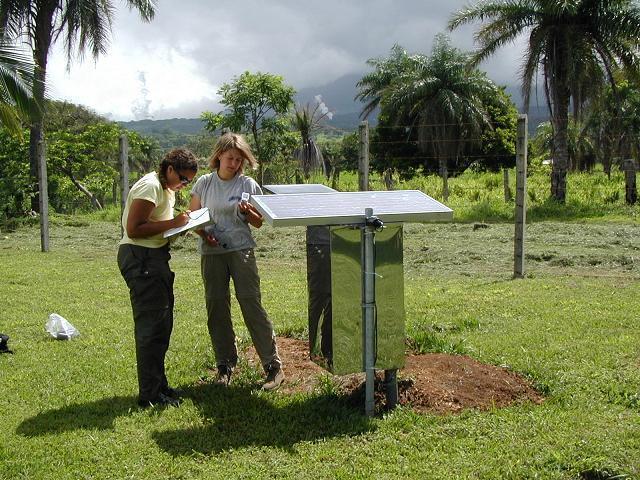
Working to remain a world-class academic institution in an increasingly global environment, Brown University has launched several programs aimed at increasing the number of foreign students and faculty at the university, and has created a new, cabinet-level position to oversee Brown’s international efforts.
On Oct. 14, Brown announced that David Kennedy, the Manley O. Hudson Professor of Law at Harvard Law School, had been appointed as Brown’s vice president for international affairs and the David and Marianna Fisher University Professor of International Relations.
As vice president, Kennedy will work closely with Brown’s president, Ruth J. Simmons, and David Kertzer, the university’s provost, taking responsibility for developing and executing an ambitious international agenda. Brown needs to recruit elite academics, form stronger research partnerships overseas and play a role in addressing the world’s most pressing problems if the university is to continue providing its students with the education and job skills needed in the age of globalization, Kertzer told the Providence Business News.
“It has to do with the education we provide to undergraduate students at Brown – how we train them to be truly global citizens, and comfortable operating throughout the world and dealing with the issues facing citizens of this country and citizens of the world,” Kertzer said. “On the other hand, we have a goal of being one of the most important universities in the world, and that obviously can only take place through a careful planning effort that looks internationally.”
Kennedy, a 1976 graduate of Brown, will work as a faculty fellow at the Watson Institute for International Studies, overseeing work to strengthen and expand the institute’s role in contributing to important international policy and scholarship.
World-class academic institutions such as Brown need to be thinking globally in the same way that companies do if they hope to remain competitive, and for similar reasons, Kertzer said. Universities that don’t look to recruit the best students, researchers and teachers in the world in each field will be left behind, because talent and capital increasingly flows internationally, he said.
“International borders are less and less important to the kinds of issues that people face politically, but also to careers that our students face as they get out and go into banking and go into the computer industry, into medicine,” Kertzer said.
“Whatever they’re doing,” he added, “they’re really part of international fields now and international networks, and we’ve got to prepare our students for them. The corporate world is, I think, also looking for personnel with that kind of broad understanding of the world and ability to function in other cultures.”
In the past year, Simmons has made internationalization a strategic priority for the university, and has appointed a committee of scholars and students to conduct a review of Brown’s international programs, Kertzer said.
More recently, Simmons announced a plan to set up advisory councils for different world regions to advise the university on its internationalization initiatives in those regions, he said. The first two advisory councils, which will be formed in coming months, will advise Brown on its efforts to recruit students and faculty, form research collaborations and raise resources in China and in the rest of Asia, respectively. Other councils will be named in the future to oversee similar efforts the Middle East, Europe and Latin America, Kertzer said.
Following the recommendations of the Internationalization Committee, which gave its first report to the Corporation of Brown University earlier this month, Kennedy will initiate a multidisciplinary advanced research project in the field of global law, governance and social thought to strengthen Brown’s international work in the social sciences.
Other Ivy League universities and academic institutions are involved in very similar efforts: Princeton University, Harvard University and Columbia University are among the schools that have created their own cabinet-level international affairs positions. Duke University was one of the first schools to recognize the need for an administrator to unify and oversee international efforts when it established such a position in its provost’s office in the mid-1990s, Kertzer said.
“Other schools have been doing this a little longer than we have,” he said. •











